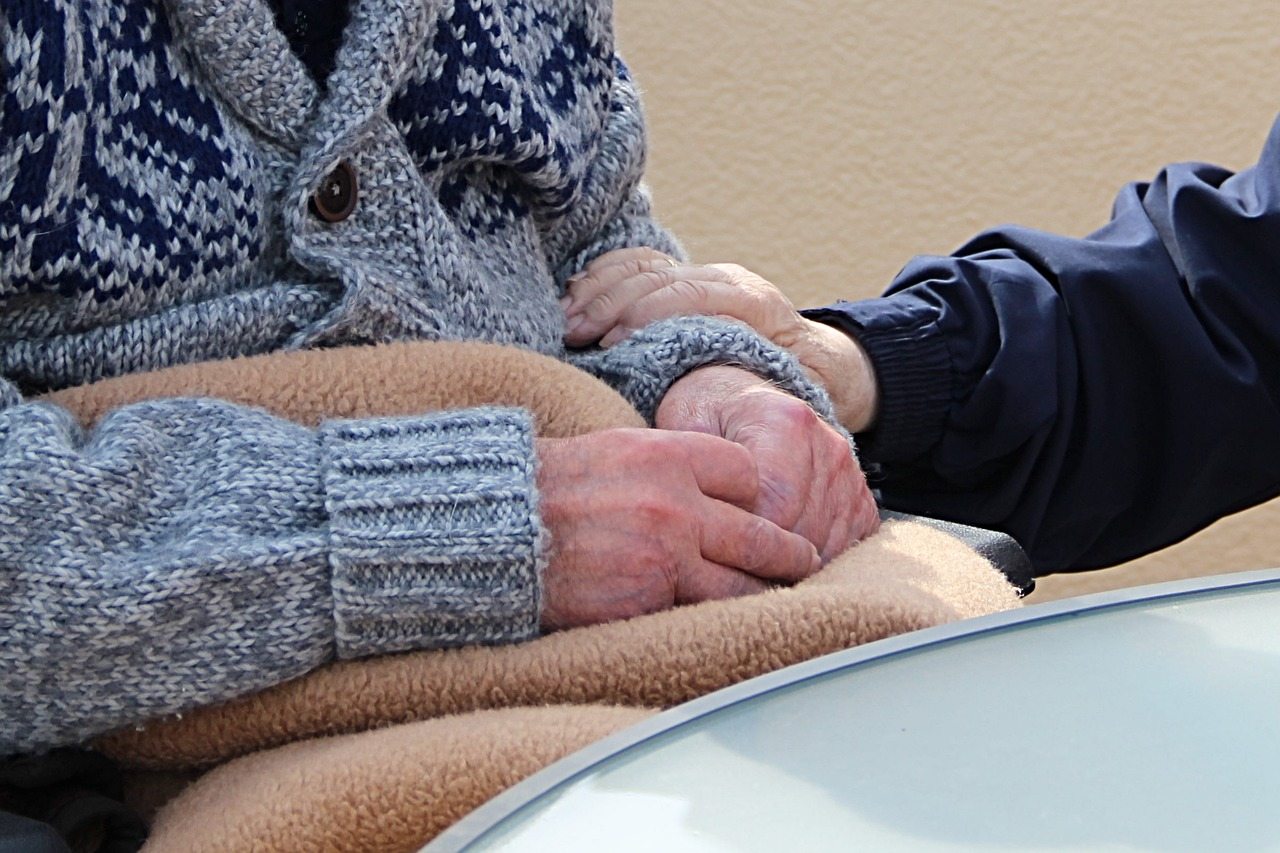Now Reading: 5 Ways to Prove Physical Abuse in a Nursing Home
-
01
5 Ways to Prove Physical Abuse in a Nursing Home

5 Ways to Prove Physical Abuse in a Nursing Home
Abuse comes in many forms. An individual could be physically abused, mentally abused, or financially abused. Of course, the person performing the abuse will say they are not abusing someone, but only looking after them, wanting the best for that person, or that they are only joking when they say mean things or withhold love, money, or basic need.
Abuse can be doled out by a loved one, a caregiver, a teacher, or someone they work with. No one should ignore signs of abuse. There are certain groups of the general population that swear to report any suspected abuse. These professions include nurses, doctors, teachers, and therapists.
Once you recognize abuse in your family members, you will want to contact the best personal injury lawyers to help ensure their future safety.
Here are 5 ways to prove physical abuse in a nursing home:
- Be Observant and Take Notes
The best thing you can do for your loved one is to pay attention and document anything that seems out of the ordinary or potentially harmful. Besides physical issues such as unexplained bruises, unwashed clothing, a dirty body, or matted hair, note their mood. If a person is normally happy and are all of a sudden fearful or mean to you and others, this could be a sign of abuse.
Changes in mood can be a difficult sign because, at the age of a resident in a care facility, they could be dealing with dementia.
- Request Medical Records
You should be requesting your loved ones’ medical records every few months and reading them line by line. This is to make sure they are being treated properly. Look for anything you have not been told about or something that is not fully explained in the records. Ask to speak to the person handling your loved ones’ daily care as well as the head person in their wing or area.
- Talk With Others
There could be witnesses to the abuse, which might include other residents, visiting family members, volunteers, and cleaning staff. If your relative is being abused, chances are, so are other patients. These people also have worried family members and would probably like to speak to you and others about their concerns.
- Photographs and/or Videos
A visual is always better in a court situation. If you can take photographs of bruises or soiled clothing or a dirty room, this will help your case. A video of someone abusing your loved one would go a long way with a jury and/or judge.
- Check Their Licenses and Inspection Records
Some nursing homes may advertise being certified or licensed through the state, however, not all have filled out the forms and paid the fees. There are also inspections that happen routinely that are a matter of public record and you should check these if you feel your relative is not being treated properly.
It is a sad fact that abuse goes unreported in a lot of eldercare facilities because they fear their caregivers or may not know how to report the abuse. Often, you are your loved ones’ only voice, so speak up for them.









